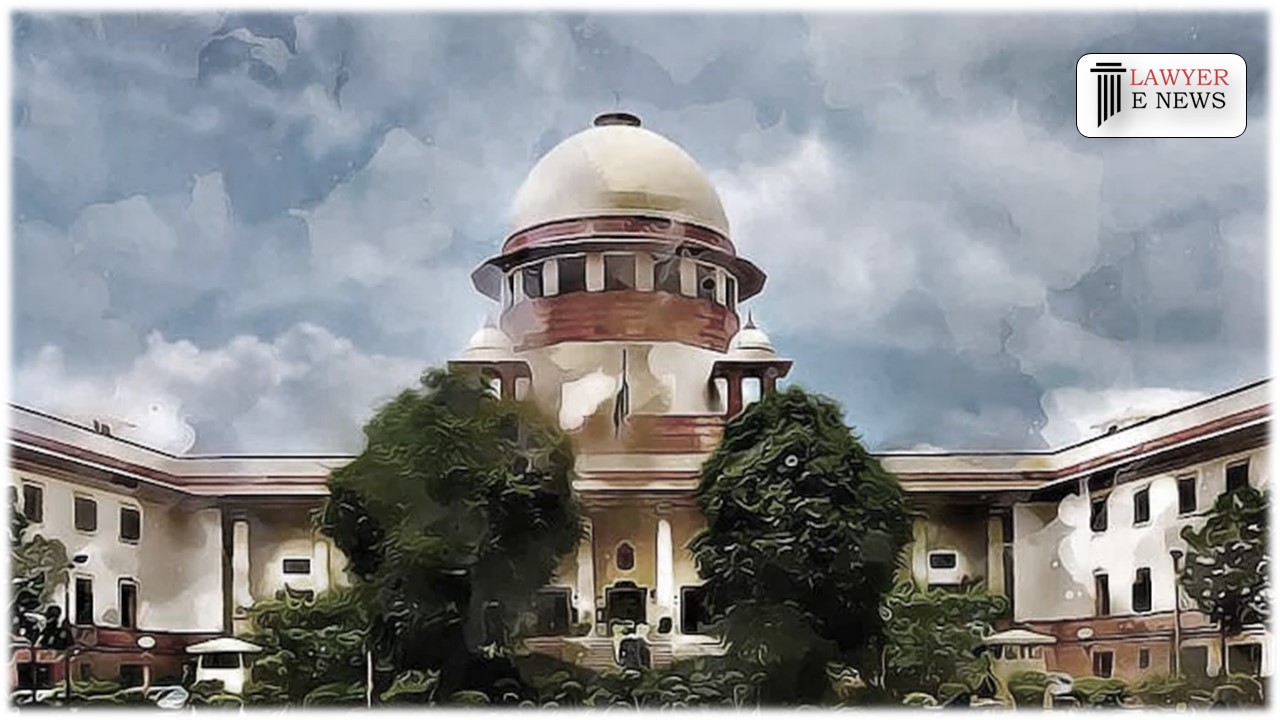-
by Admin
15 February 2026 2:36 AM



In a significant verdict, the Punjab and Haryana High Court acquitted Ginder Singh, the appellant in a hit-and-run case, overturning the concurrent finding of conviction by the lower courts. Justice Deepak Gupta, presiding over the case, pronounced the judgment on May 10, 2023, granting the accused the benefit of doubt based on the highly probable defense presented.
The case revolved around an incident that occurred on July 9, 2003, wherein Ginder Singh was alleged to have driven a PRTC bus that collided with a scooter, resulting in the deaths of Rattan Kumar and Kamlesh Kaur. The incident took place near Village Rajgarh in Patiala, Punjab.
The lower court had convicted Ginder Singh under Sections 304-A (causing death by negligence) and 279 (rash driving) of the Indian Penal Code (IPC). However, the Punjab and Haryana High Court, after careful examination of the evidence and testimonies, found inconsistencies in the prosecution witnesses' version and deemed the defense's account as highly probable.
Justice Deepak Gupta, in his judgment, noted that the prosecution witnesses' statements appeared highly improbable when analyzed in light of the site plan and the location of the vehicles involved in the accident. The defense's argument, supported by independent witnesses who were passengers on the bus, suggested that the deceased scooter driver had turned abruptly without signaling, making it impossible for the accused to avoid the collision.
The court emphasized the duty to analyze the testimonies of both prosecution and defense witnesses on equal parameters to assess their truthfulness. In this case, the defense's version was found to be highly probable and supported by reliable witnesses, leading to the acquittal of Ginder Singh.
This verdict highlights the importance of considering the defense's perspective and ensuring the principle of "innocent until proven guilty." The court's decision to grant the benefit of doubt to the accused showcases the judiciary's commitment to upholding fairness and justice.
It is noteworthy that no specific cases were referred to in the judgment, indicating that the decision was based on the evaluation of the evidence and testimonies presented in this particular case.
The acquittal of Ginder Singh in this hit-and-run case serves as a reminder of the critical role played by the courts in ensuring a fair and just legal system, where every individual is given a fair chance to present their defense and benefit from the presumption of innocence until proven guilty.
Decided on: 10.05.2023
Ginder Singh - vs State of Punjab
